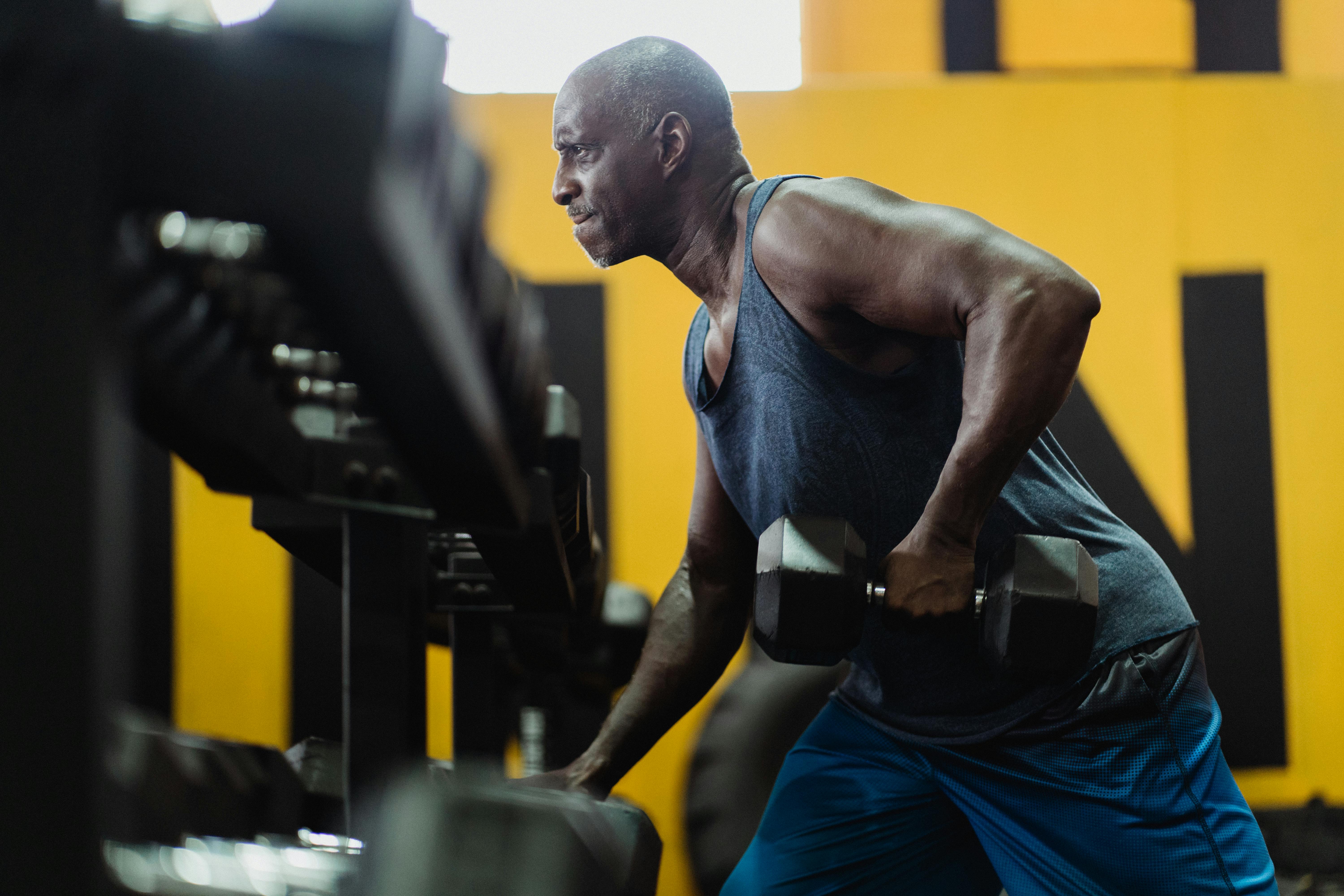Exercise and aging

Aging is a natural process that we all experience. However, we can take steps to improve or maintain our health as we age.
One of the key factors that can significantly impact the aging process is exercise. Regular physical activity has been shown to have numerous benefits for both our physical and mental wellbeing, and plays an important role in healthy aging.
Here are some ways in which exercise influences how we age.
Muscle mass maintenance and weight management
Strength training helps to build and maintain skeletal muscle mass. It also aids in weight management, insulin sensitivity and hormonal production. Each of these things is essential for maintaining our health as we age. Weight lifting also contributes to improved coordination, balance and stability, vital to preventing falls in older age.
You can gain all of the above benefits with cardiovascular exercise, too (although muscle growth and maintenance are slightly lower).
Improved bone health
Aging is often associated with a higher risk of osteoporosis and fractures. However, engaging in weight-bearing exercises such as walking, jogging, or dancing helps to strengthen bones and improve bone density. Exercise stimulates the remodeling and growth of bone tissue, reducing the risk of fractures and maintaining better overall bone health.
Better brain health
Regular physical activity has been shown to improve cognitive function, memory, and attention span. It also promotes the release of endorphins, dopamine, and serotonin that elevate mood, reduces stress, promotes hormonal balance, and combats age-related cognitive decline.
Healthy immune function
The immune system protects the body against infections and diseases. Regular exercise has been shown to boost the function of the immune system by increasing the production of pathogen-killing cells and supporting antibody production. This helps to reduce the risk of age-related illnesses and infections, keeping you healthier and more resilient as you age.